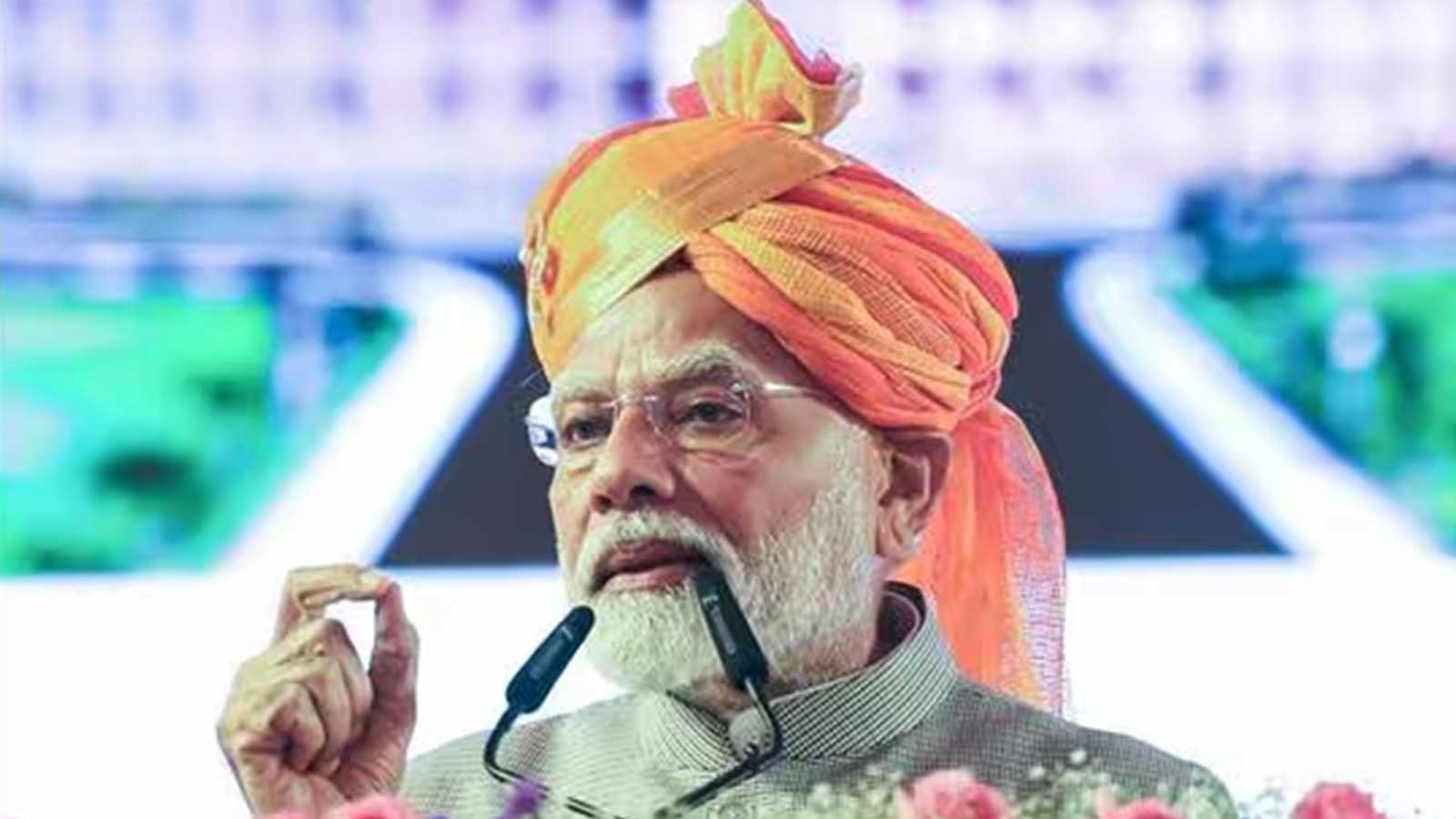'Backed by Judiciary for Decades': PM Modi calls Uniform Civil Code Key to National Unity

Prime Minister also said that the abrogation of Article 370 from Jammu & Kashmir serves as an ideal example of India’s integration
During the platinum jubilee celebrations of the Rajasthan High Court in Jodhpur, Prime Minister Narendra Modi emphasized the longstanding support of the judiciary for a "secular civil code," a subject that has recently gained renewed attention. Speaking on August 25, 2024, PM Modi highlighted that while his government had vocally supported the Uniform Civil Code (UCC) for the first time, the judiciary had championed the cause for several decades.
PM Modi praised the judiciary for its “moral responsibility” in being vigilant on matters of national importance, framing the UCC not just as a legal issue but as one integral to the country’s unity. His remarks aligned with his earlier statements from the Independence Day address on August 15, where he portrayed the UCC as a means to replace what he termed the current “communal civil code,” which he argued discriminates based on religion.
"From the High Court to the Supreme Court, the judiciary has strengthened the resolution of 'Nation First' on such issues many times. As you may remember, just on this 15th August, I spoke about the Secular Civil Code from the Red Fort. Although this is the first time that a government has become so vocal on this issue, our judiciary has been advocating it for decades. This clear stand of the judiciary on the issue of national unity will further increase the trust of the countrymen on the judiciary, PM said.
In his address, PM Modi commended the judiciary's decisions on key issues like the abrogation of Article 370 and the enactment of the Citizenship Amendment Act (CAA) of 2019. He described the abrogation of Article 370 as a step towards “constitutional integration” and the CAA as a “humanitarian law.” Despite over 200 petitions challenging the CAA pending in the Supreme Court, PM Modi underscored the judiciary’s role in reinforcing a "Nation First" ideology.
The Prime Minister also lauded the judiciary for moving the country away from a colonial mindset, particularly with the introduction of the Bharatiya Nyay Sanhita (BNS), which replaced the Indian Penal Code. He noted that this new legal framework is grounded in the ideals of justice rather than punishment.
PM Modi further highlighted the government's efforts to modernize the judiciary, pointing to the computerization of over 18,000 courts and the installation of video conferencing facilities in more than 3,000 court complexes and 1,200 jails. These initiatives, he noted, are steps towards creating paperless courts and enabling virtual hearings.
The event was attended by Rajasthan Governor Haribhau Kisanrao Bagde, Chief Minister Bhajan Lal Sharma, Union Minister of State for Law and Justice Arjun Ram Meghwal, Supreme Court Judge Sanjiv Khanna, and Rajasthan High Court Chief Justice M.M. Shrivastava.
